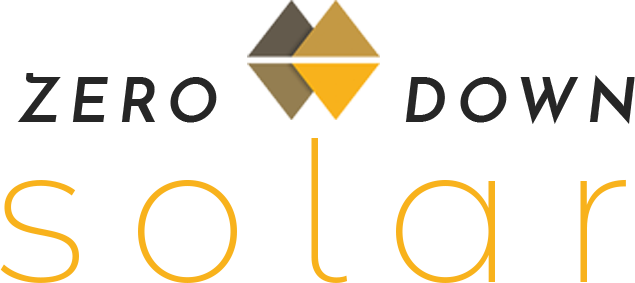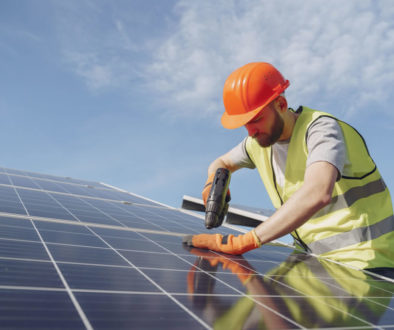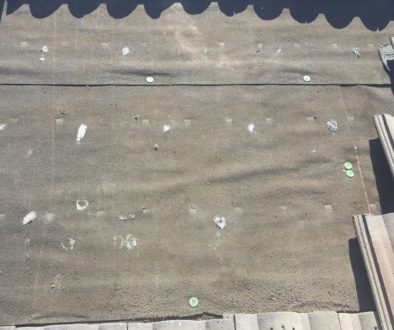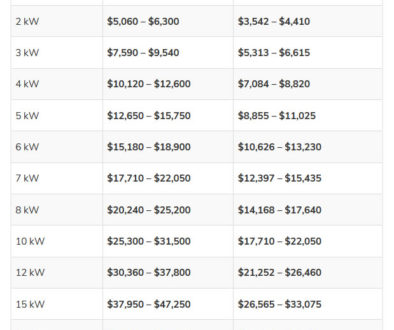Can you install your own solar panels?
There’s a lot involved in a solar installation and there’s a right and a wrong scenario for do-it-yourself solar projects. Going solar has major financial benefits: it reduces your monthly electricity costs and can even increase the value of your home. Incentives like the federal tax credit for solar can reduce your net cost by 26 percent or more, but solar is still a big investment, and the price tag can result in sticker shock. To save money, it’s no surprise that many homeowners are considering DIY.
Per SolarSage here are the 5 steps to a DIY panel installation – but they are usually prohibitive if you don’t know much about solar panels, permitting, energy design, electrical and roof construction:
The 5 step process to DIY solar panels
1 Design and size your system based on energy needs
2 Purchase your solar equipment (solar panels, inverters, racking)
3 Install the racking or mounts for the panels
4 Connect the solar panels to your racking equipment
5 Install a solar inverter
According to data from the EnergySage Solar Marketplace, the average gross cost of going solar for homeowners (meaning your costs before incentives and rebates are applied) is $17,460. Of that amount, design and installation labor costs contribute about ten percent of the total bill – this ten percent is what homemade solar panels will save you in essence, since you’ll still have to buy the equipment yourself.
If you buy a home solar kit like the ones for sale at Costco or Home Depot, it may be less expensive per watt, but you aren’t getting the same quality equipment that solar installers are able to offer you. For the most part, solar installers buy from equipment distributors that don’t sell to the general public – and they’re often getting lower prices because they’re able to buy in bulk.
A home solar kit may be less expensive, but solar installers offer tremendous value for relatively little additional cost (remember that ten percent figure?). When it comes to installing an expensive electrical system on your property, finding someone who knows what they’re doing can actually save you both time and money in the long run.
Your solar installer will also help you complete and file the permits and applications that you need to submit to get your solar energy system up and running. This is particularly important because your utility won’t let you connect your system to the grid without sign-off from a certified electrician.
Because of your solar installer’s experience, they’ll also have a strong understanding of the financial incentives for solar available in your area, and might even be able to help you save more money by finding an incentive that you may have missed. Lastly, it is important to note that many equipment manufacturers will only honor their warranties if a qualified installer installed their equipment. Many installers will also offer an additional warranty on their own work too.



